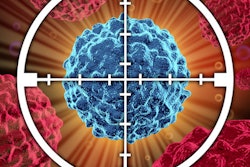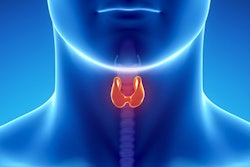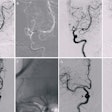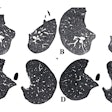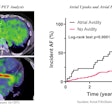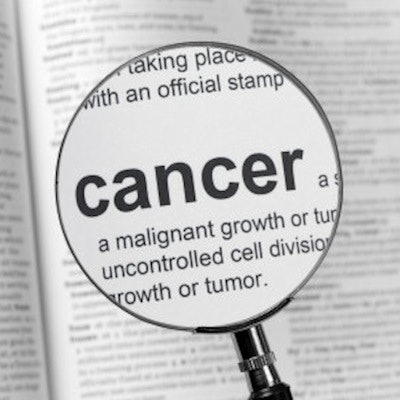
Low-income patients were less likely to be diagnosed with advanced screening-detected breast, cervical, colorectal, or lung cancers after states expanded Medicaid, a trend that indicates improved access to care enables earlier cancer detection, according to a study published online July 6 in Cancer.
In 2014, the Patient Protection and Affordable Care Act (ACA) allowed states to increase the household income limit for Medicaid coverage from 40% of the federal poverty level to 138% of the federal poverty level. Researchers from Case Western Reserve University in Cleveland compared the stage at diagnosis for screening-detected cancers in the years before expansion (2011-2013) and after (2014-2016).
Expansion of the federal insurance program was tied to 15% lower odds of low-income patients presenting with metastatic disease for screening-detected cancers, including invasive breast cancer and lung cancer. In that same time period, there was no significant change in advanced cancer diagnoses for the control group -- cancer patients with private insurance living in high-income communities, according to the researchers led by Uriel Kim, PhD.
"Medicaid expansion under the Affordable Care Act was associated with a significant reduction in the likelihood of being diagnosed with deadly metastatic cancer among Americans with low income," said Kim in a statement from publisher Wiley. "These improvements represent substantial progress in closing a persistent gap in cancer survival between Americans with high and low income."
The study used state cancer registry data of 12,760 people aged 30 to 64 with a breast, cervical, colorectal, or lung cancer diagnosis. It is the second study in one week to link Medicaid expansion to earlier breast cancer diagnosis, and likely, improved patient outcomes.
In addition, the results are consistent with other studies on the same topic, according to an accompanying editorial, also published on July 6 in Cancer.
"The totality of these findings suggests that health coverage through Medicaid is an important predictor of cancer burden, and -- critically -- of early cancer identification," wrote Dr. Hala Borno, from the division of hematology and oncology at the University of California, San Francisco medical school.




